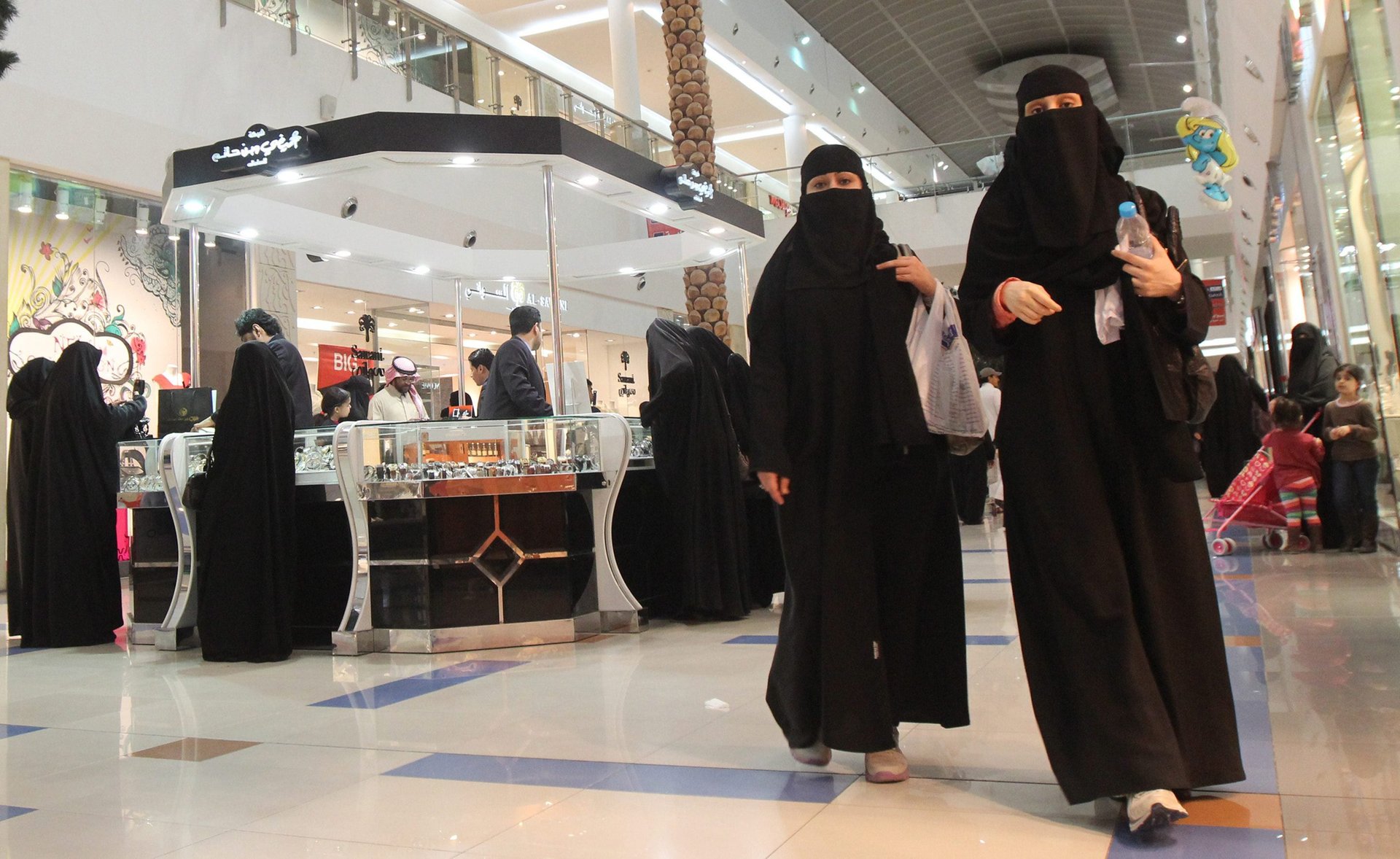#IAmMyOwnGuardian: Thousands of Saudi women petition for the right to make decisions without a man’s permission
Leave it to Twitter to foment another protest movement.


Leave it to Twitter to foment another protest movement.
Nearly 15,000 women in Saudi Arabia have signed an online petition demanding that the country abolish its male guardianship system, which requires women to get the consent of men for major decisions like traveling abroad, getting married, and even sometimes to work or study. The petition, which was handed to the Saudi government on Sept. 26, came after some 2,500 women sent direct telegrams to the Saudi King’s office over the weekend urging for the change.
The protest movement grew out of an online campaign that began in July, when Human Rights Watch (HRW) published a report on the problems of the guardianship system.
Saudi women are legally required to have a male guardian, normally a father or husband, or even a brother or son, sign off on critical decisions on their behalf. And while they don’t technically need a man’s permission to get a job or enroll in school, most institutions require it anyway. According to the HRW report, the system is “the most significant impediment to realizing women’s rights in the country, effectively rendering adult women legal minors.”
Soon after the report became public, women began tweeting in support of ending the restrictive system, including a hashtag in Arabic that means “Saudi women want to abolish the guardianship system.” The hashtag and its English counterpart, #IAmMyOwnGuardian, went viral, drawing attention to the movement as women shared artwork and testimonies for change.
“Women should be treated as a full citizen. This is not only a women’s issue,” longtime Saudi activist Aziza Al-Yousef told the Guardian. Her campaign has also sought to turn male opinion, by arguing that guardianship isn’t valid according to religious law.
Al-Yousef, who campaigned in the past to end the country’s ban on women drivers (women are still barred from obtaining driver’s licenses), was stopped by police in 2013 for driving a car illegally as part of that effort. But she doesn’t expect legal ramifications in response to the petition. “I’m not worried, I’m not doing anything wrong,” she said.
The Saudi government faced calls to reform the guardianship system in the past, under pressure from the United Nation’s Human Rights Council in 2009 and 2013. But while reforms eased some restrictions on women’s ability to work, the system remained intact.
Al-Yousef is determined to press on, but has doubts about the government’s response. She said: ”We never had a problem with campaigning, but the problem is there is no answer.”